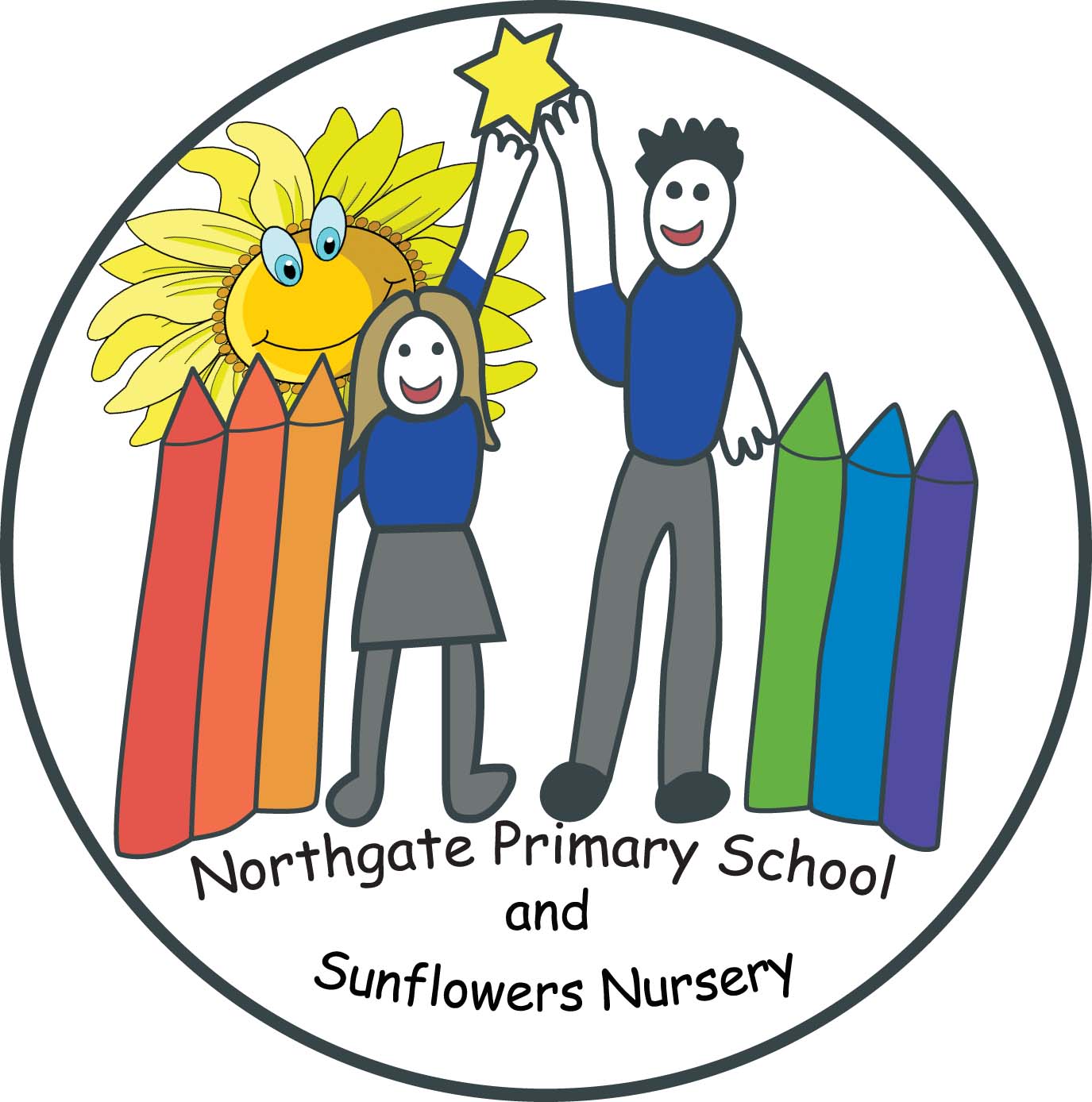Intent: We will help children to appreciate and recognise the unique geographical richness of the local area and compare this to global environments and landscapes.
- A sense of belonging: To study the unique environments in Norfolk, and broaden horizons through knowledge of the wider world by undertaking a diverse range of case studies. Understand the impact of human activity including their own with regards to relevant and current global issues
- Confidence in communicating: Develop confidence in communicating; question, understand, evaluate geographical features and processes both locally and worldwide, using appropriate geographical vocabulary and building on geographical skills through the use of maps, fieldwork and data collection and analysis.
- A resilient attitude: To be aware and take an interest in factors that influence environmental change (climate change, plastic pollution, deforestation and coastal erosion, locally and globally) Make conscious decisions and be a voice for positive action and change for a more sustainable future.
